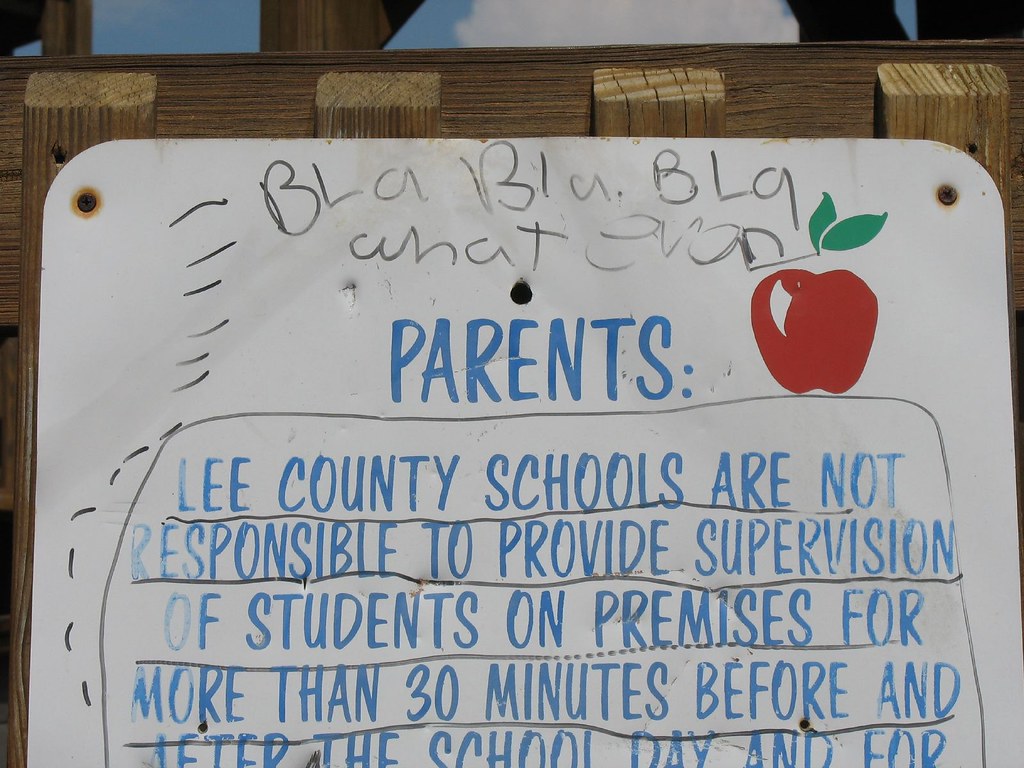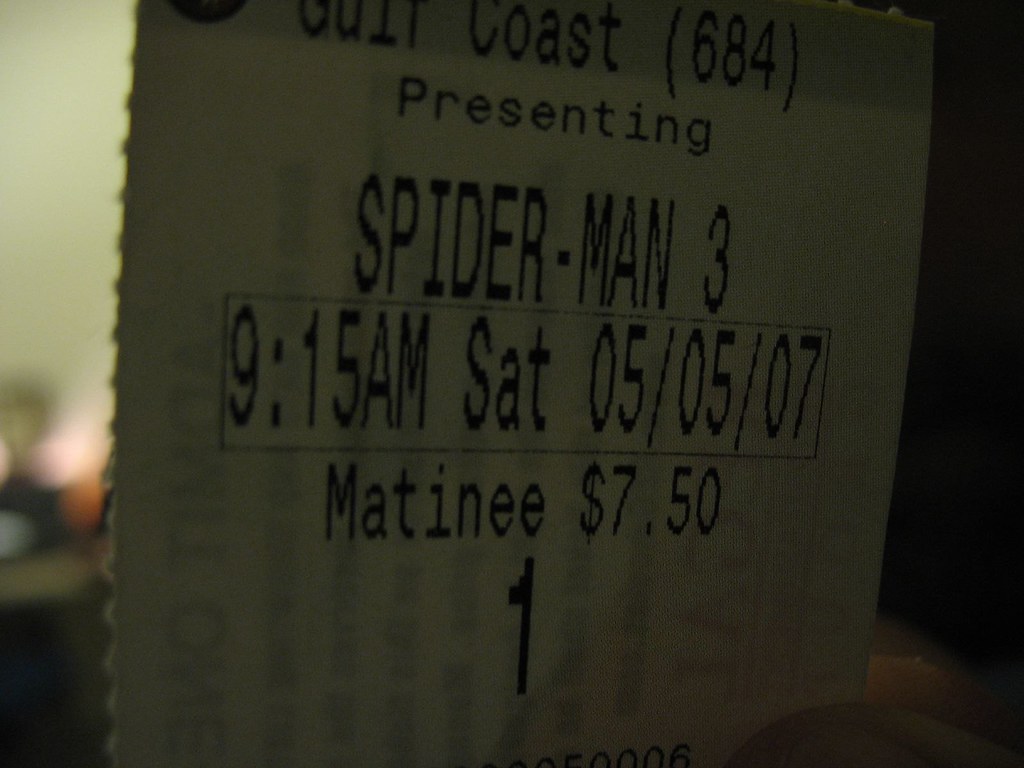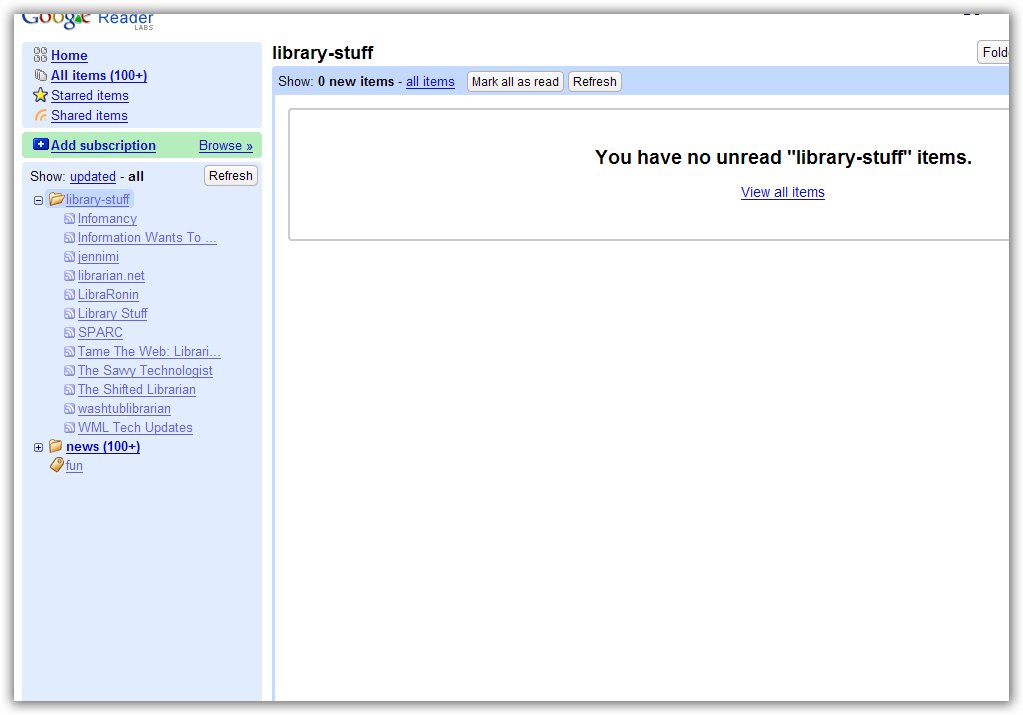Why do we have to wait?

Why do we have to wait?
"One of the conversations was about "paying one's dues." I said that my weakness was maintaining a patience level that would pace me with my organization...I retorted that I did not want to wait 10 years! I am here now!"
All the field is aflame with change, why don't more people see, like this, that the time we really have for relevancy is: now. The world isn't going to wait for us to acquiesce to our colleagues who don't want to change, innovate, and create the future. If you look around and don't like what you see, then you haven't participated. Sometimes that's very hard for so many reasons; but you must try. This is the era of inclusion -not exclusion.
There are three types of people: (1) those who have a job, (2) those who come to work & think they can separate out their private persona from their work persona (they can't), and (3) those who want to go bed exhausted everyday because everyday they worked to make profound changes in their own life, the lives of others they know, and the lives of people they will never know and they keep on doing this everyday.
While experience is valuable it has nothing to do with paying one's dues; that's something from an arcane era where maps warned of dragons. Now, the dragons stand for a place of creativity & not something to be feared as unknown.
Perhaps if the gatekeeping dues-collectors realized they are more effective as mentors they could take proud ownership of what we could accomplish for them.
hey, it's just a thought. relax. i'm not advocating information anarchy -or am i? and i love all my mentors who are brilliant and mean not a lick of disrespect to them.
By the way, the reference desk is dead, yet reference lives on. The book is so ubiquitous it's barely visible, yet more important than ever, and the library has been blown to bits while becoming a focal point in people's lives, (hopefully more so, not less so.)







